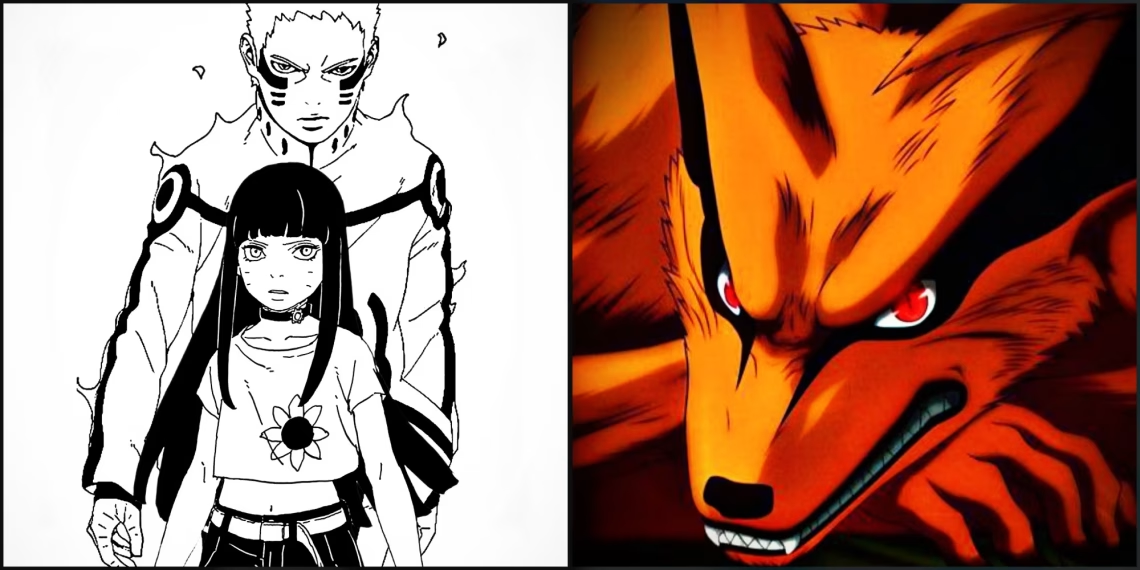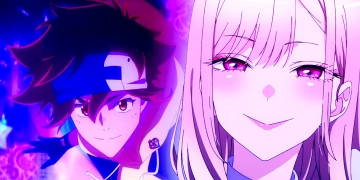In the Naruto and Boruto series, the bond between Naruto Uzumaki and the Nine-Tailed Fox, Kurama, stands as a testament to the profound themes of growth, redemption, and familial love that permeate the narrative.
From a foundation of animosity, their relationship evolved into one of mutual respect and deep friendship, capturing the hearts of fans worldwide. However, Kurama’s poignant demise in Boruto left a void in the hearts of fans, prompting speculation about the fate of the Nine-Tails’ power and spirit.
Many fervent enthusiasts posit a compelling theory: that Kurama’s spirit may have found a new vessel in Himawari Uzumaki, Naruto’s beloved daughter. This hypothesis derives its strength from subtle narrative hints and emotional resonance woven throughout the series.
Exploring the Symbolism of Kurama’s Rebirth in Himawari Uzumaki
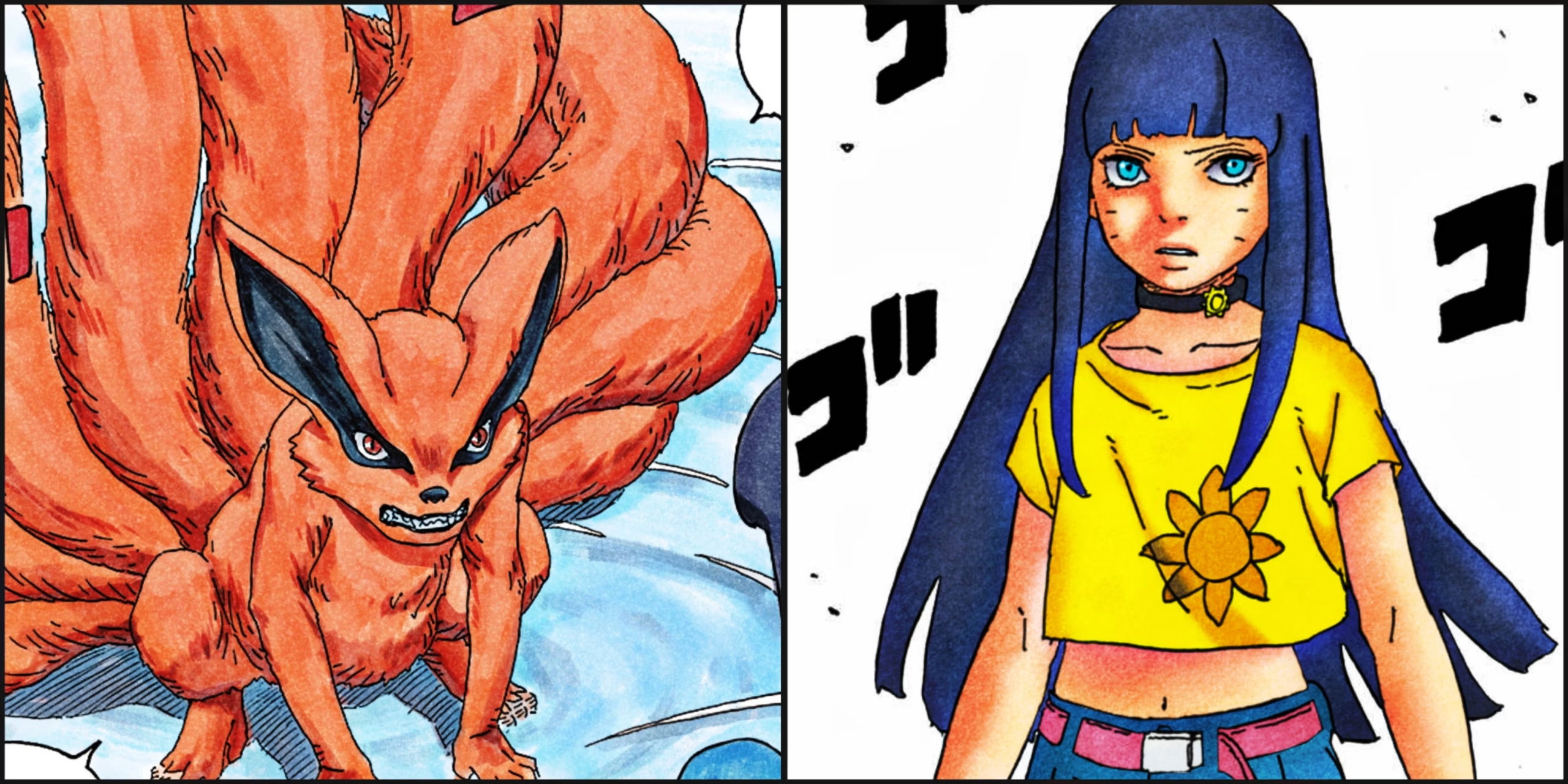
When Kurama breathed his last, he keenly sensed Naruto’s profound regret at not bidding farewell to his wife, Hinata, and their young daughter, Himawari. This poignant emotional connection likely served as a guiding light for Kurama’s departing spirit, drawing him towards Himawari and forging a symbolic bond that transcends the boundaries of life and death.
Kurama’s final memories were imbued with his partner’s silent farewells and unwavering concern for his cherished family. Reflecting on Naruto’s profound feelings of remorse and anxiety over his inability to bid a proper farewell to his loved ones, Kurama’s passing marked a poignant culmination of their intertwined journey.
From a feared beast at the series’ inception, Kurama metamorphosed into a loyal friend and protector, his consciousness lingering to seek out the one individual poised to carry forth Naruto’s legacy and harness his formidable power – Himawari.
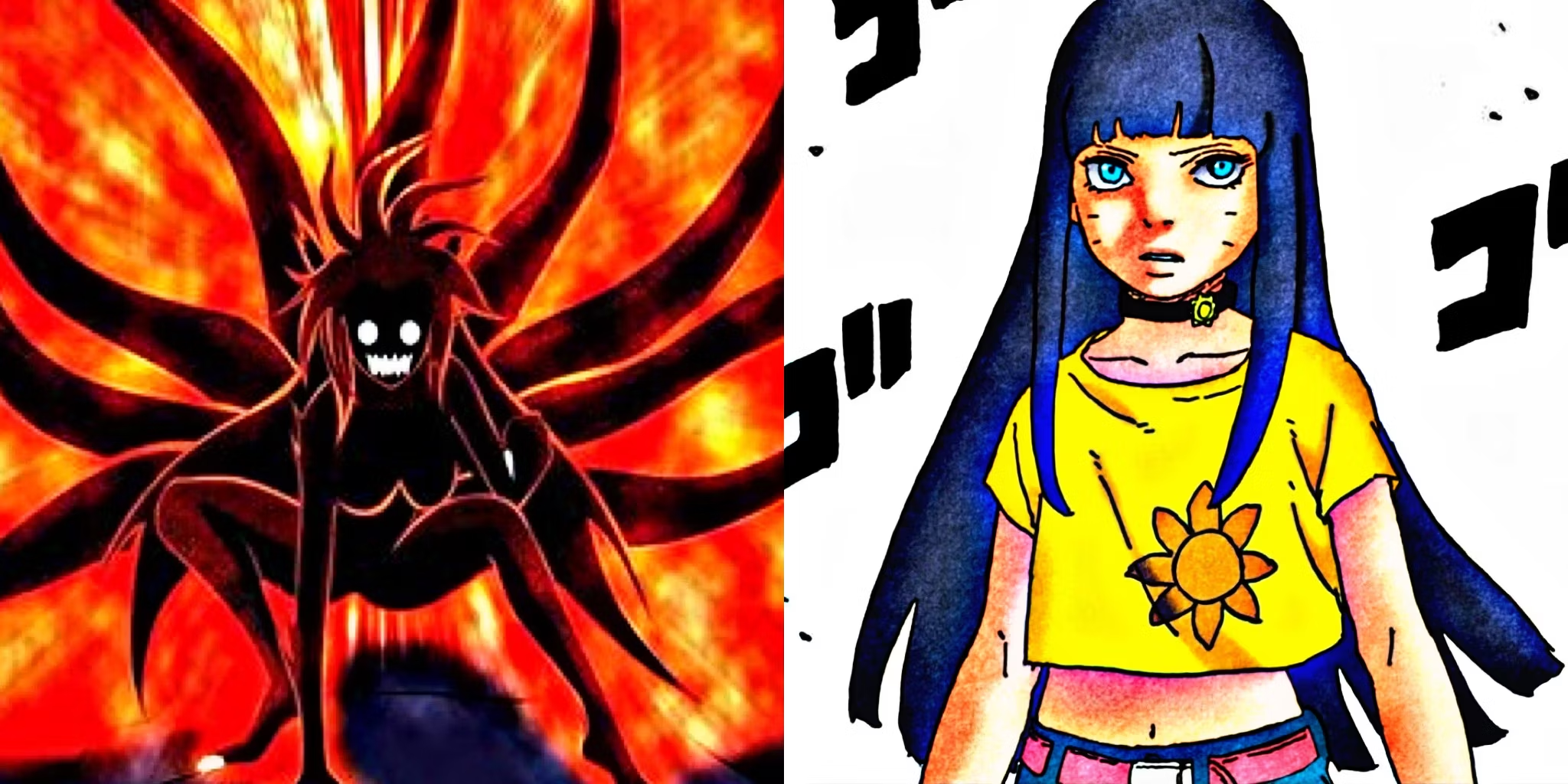
Himawari Uzumaki, distinguished by her exceptional talents and calm yet resolute demeanor, has always exuded a remarkable affinity for chakra manipulation and control from a tender age. Her burgeoning strength mirrors Kurama’s transformative journey alongside the Seventh Hokage,
Naruto. Should Kurama have chosen Himawari as his new host, it would not only preserve his connection to Naruto’s legacy but also enable him to guide and safeguard the next generation of shinobi.
This symbiotic bond between Kurama and Himawari heralds a new era of cooperation and mutual respect between humans and Tailed Beasts, symbolizing Kurama’s evolution from a harbinger of destruction to a benevolent guardian. This paradigm shift underscores the themes of growth and understanding between disparate beings, resonating deeply with the core ethos of the Naruto universe.
The notion of Kurama’s potential rebirth within Himawari Uzumaki evokes of emotions and narrative continuity. Rooted in the Hokage’s poignant sorrow and yearning to bid farewell to his family, Kurama’s spirit finding solace in Himawari establishes a bond that transcends generations.
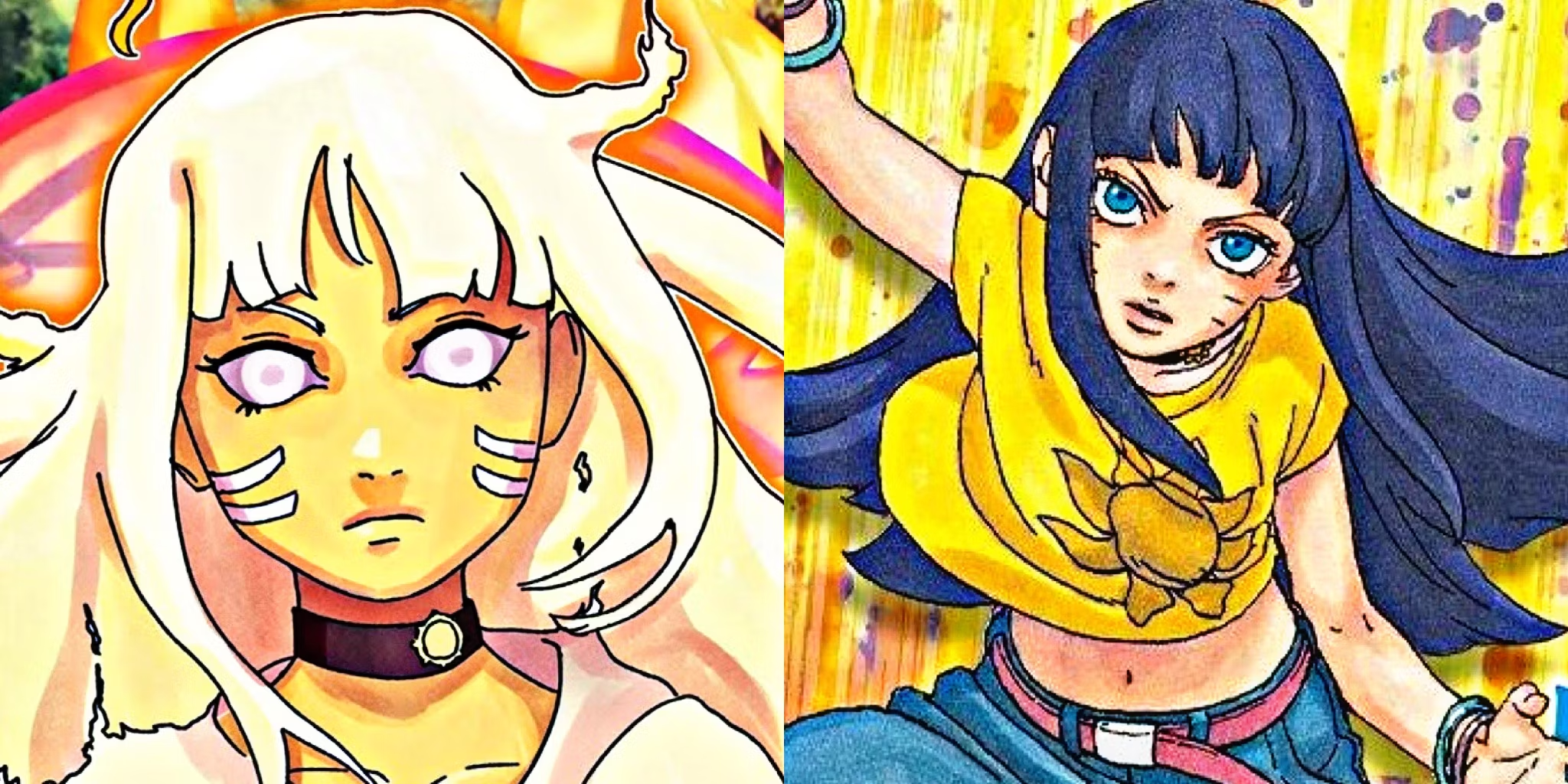
Himawari’s inherent strength and prowess render her an ideal candidate to inherit Kurama’s power, safeguarding Naruto’s legacy and perpetuating his enduring spirit.
By nurturing and supporting Himawari, Kurama continues to honor the profound relationship he shared with the Orange Hokage, embodying the transformative journey from feared adversary to stalwart guardian. This prospective storyline enriches the fabric of the Naruto world, offering fans a poignant continuation of themes centered on legacy, protection, and familial bonds that have perennially defined the series’ essence.
The theory of Kurama’s rebirth in Himawari offers a poignant continuation of Naruto’s legacy, emphasizing themes of growth, redemption, and familial bonds. It symbolizes Kurama’s evolution from a feared entity to a guardian, fostering cooperation between humans and Tailed Beasts.
Himawari’s inherent strength and potential make her a fitting vessel for Kurama’s spirit, ensuring the preservation of Naruto’s enduring legacy. This narrative possibility enriches the Naruto universe, providing fans with a meaningful exploration of love, sacrifice, and the transcendent power of familial connections.

